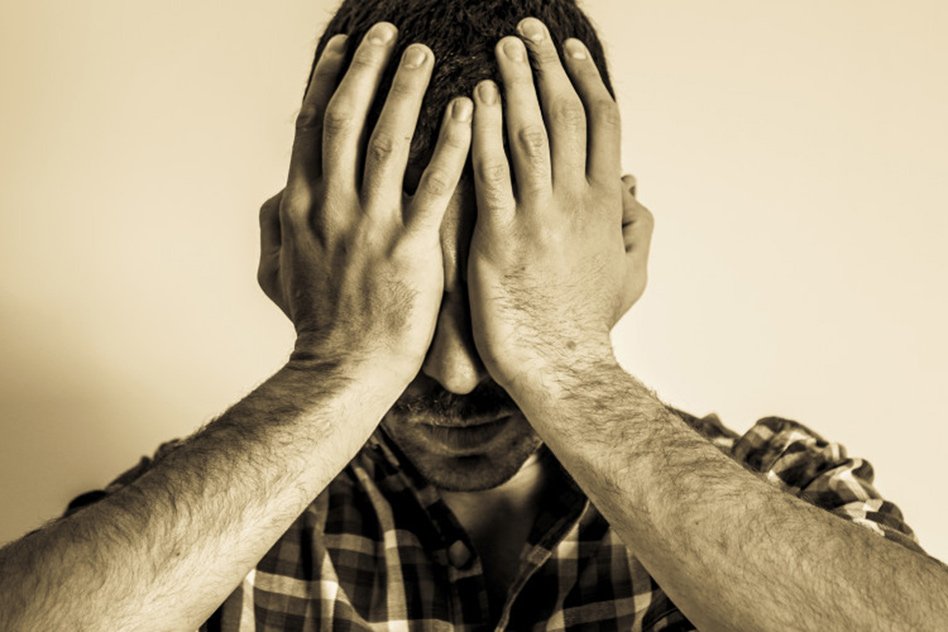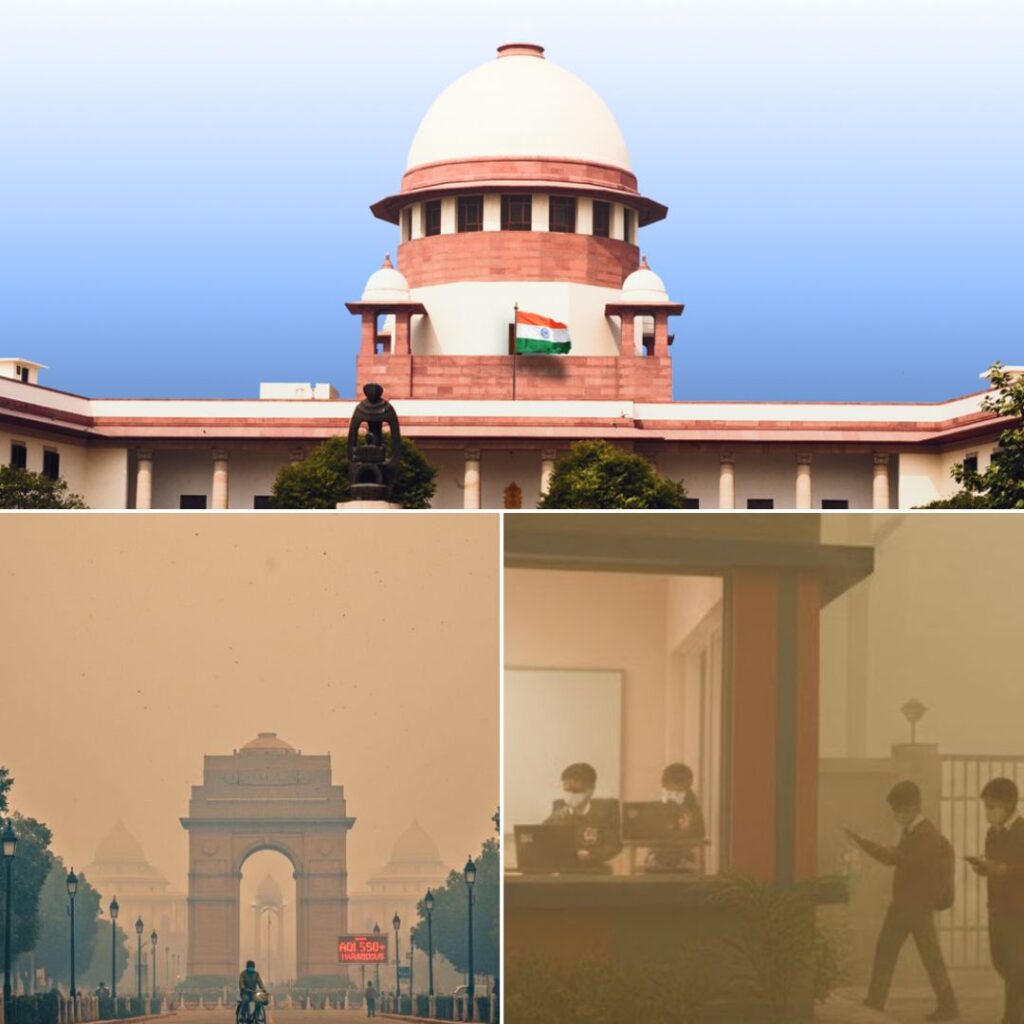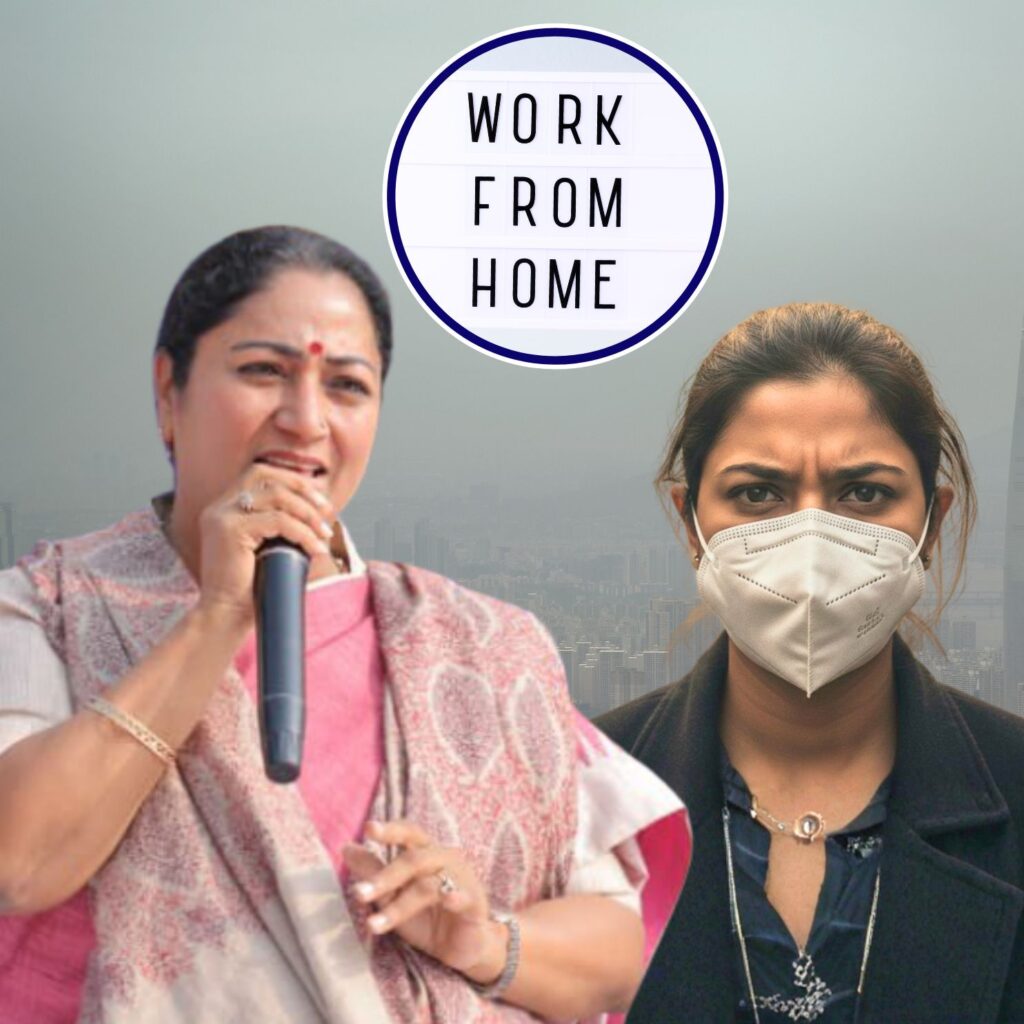Image Source: rizzarr
It’s so common, it could be anyone. The trouble is, nobody wants to talk about it. And that makes everything worse – Ruby Wax
To confess to another fellow that we are depressed has always been considered a sign of weakness, cowardice and abnormality. The perception of society has turned depression into a trivial thing – something which should not be highlighted or diagnosed and also something which is a disgrace. It is commonly believed that in giving it attention, depression will affect more people (as if it is a viral disease), it will become stronger (as if in talking about it, we will get mentally sick) and it will damage the reputation and worth of a person (as if depression is a crime). So people find it better to keep it hidden, they ignore it, and most of all stamp it as a stigma which we all must be wary of. The absurd attitudes towards depression give us a picture of how it has been severely demonized, tabooed and stigmatised!
Depression is a blot. It is a petty thing to talk about. Feeling low, how shameful. Keep it to yourself. Being depressed is so juvenile, grow up! Don’t be a crybaby. Get over it. Boys don’t cry. What a weakling! And etc. etc.
Depression affects almost everyone. Some can cope up, while some cannot. Those who cannot need an outlet – like a friend to talk to or a psychiatrist if the episodes of depression are recurring and chronic. However, the first step to combat depression is to overcome the shame of it and admit that you need assistance. In most of the cases, people don’t accept it hoping it will go away on its own if it is ignored. They are also afraid of being cast out or discriminated against if people knew they are suffering from depression. So in hiding or suppressing it, their physical health begins to break as the mind has to find a way to vent out the anxieties, despondencies and etc. Hence, what could have been cured by talking about it, sharing it, and opening up about it is made worse as the person is ashamed to do so. The emotions hence remain bottled up, and the body along with mental health gets hurt.
Debunking the Depression Taboo
Depression is not an indicator of one’s strength as the strongest person can feel depressed and vice versa. Also, in seeing the adverse steps people take under depression, it should not be seen as a paltry matter but a serious health priority. Depression should also not be pictured as a complicated condition which cannot be cured as it can very effectively be treated. Generally, in a physical injury, we can see the wound and accordingly guess the severity of the injury. In depression, we do not see the wound; hence, the common perception is to call it inconsequential.
It is wrongly believed that once afflicted with depression, the person will continue to remain depressed as apparently there is no end to it. This is an absurd falsehood. Along with this, there is also a misconception, that depression is self-induced and that a person asks for it. It is to be noted that depression is not out of one’s choice or a fad but a disease of mind. These and many mistaken beliefs about depression have made it difficult for people to deal with it in a positive and life-affirming manner. The damaging taboos and stereotypes associated with it have reinforced the stigma of depression and the shame of being depressed has kept people from finding help and resolving it in a decisive manner.
The depressed are ostracised. They are humiliated. Even discriminated against. All this leads to anxiety, aversion, self-loathing, hopelessness, self-harm and even suicide.
These realities highlight the gravity of debunking the taboos of depression, so one does not refrain from talking about it and also does not feel exposed or shamed when finding treatment for it.
Simple Ways to Beat Depression
Knowing how society sees depression, a person develops creative ways to hide his/her depression. It is generally called a ‘defence mechanism’ by which a depressed person hides his/her depression by behaving as if all is well. Some, however, pick up activities which help them endure the episodes of anxiety. They use humour, as once Abraham Lincoln also did to liven up his moods. He had on one occasion commented, “If it were not for these stories—jokes—jests I should die; they give vent—are the vents of my moods and gloom.” There are also those who resort to solitude and avoid company as long as the episode lasts; some find activities as sports, music, reading, writing as creative outlets of depression and etc.
It should be noted that not every episode of depression is a cause of alarm. There are nominal to moderate to extreme effects of depression, and they may happen suddenly or build up over time. Depression can happen, but it can be productively handled to check its effects from harming you mentally or physically. Some of the non-medical ways in which you can vent out or deal with your depression are:
Music: From hardcore to light, music can greatly alleviate you when you feel depressed. Dancing also helps.
Sports and games: Doing physical exercise or playing a sport is a sure-shot way to keep depression at bay. It allows you to expel the hidden/suppressed emotions of grief, hate, fear etc so that you are not tamed by depression rather you tame it. Walk a mile, if you cannot take up strenuous exercises.
Reading, writing: Issues which are too personal to share can be written down. If you cannot talk about it to someone, you can write about it, and with every word you pen down, depression is brought under control.
Find a good company: Robin Willams in his touching quote once said, “I used to think the worst thing in life was to end up all alone. It’s not. The worst thing in life is to end up with people that make you feel all alone.” So find those friends with whom you feel optimistic about life.
Meditate, Join a group, Adopt a pet, Get a hobby, and first of all, do not feel you are weak when you get depressed – because if you start believing it, it will be vey difficult for you to recover from it. In extreme cases please seek medical assistance without shame or fear.
How Society Can Help?
Break the taboo now. Being depressed is natural as getting a bruise. It should be treated than allowed to hide and get infected with serious consequences.
Make it a public health priority.
Do not shame the depressed by exposing their problems.
The point is to be reassuring without pitying them.
Listen but without being intrusive.
Counsel without preaching about it. Don’t be forceful as the best way to bring the victim back to his/her firm footing on life is patience and sensibility.
Do not be shocked/overreact when you find someone telling you about his/her condition.
No matter what, do not share his/her condition with others whom he/she does not trust, feel comfortable with or etc.
Finally, depression is not contagious, it is not insignificant, it is not a crime and it needs your compassion – knowing someone is depressed and wishing to help him/her out. As Clara Hughes believed, “The only reason I’ve shared my story is to take that tiny baby step of breaking down the stigma attached to depression”. Share your story, break the stigma and let’s hope for the day when we do not have to feel ashamed while talking about it!











